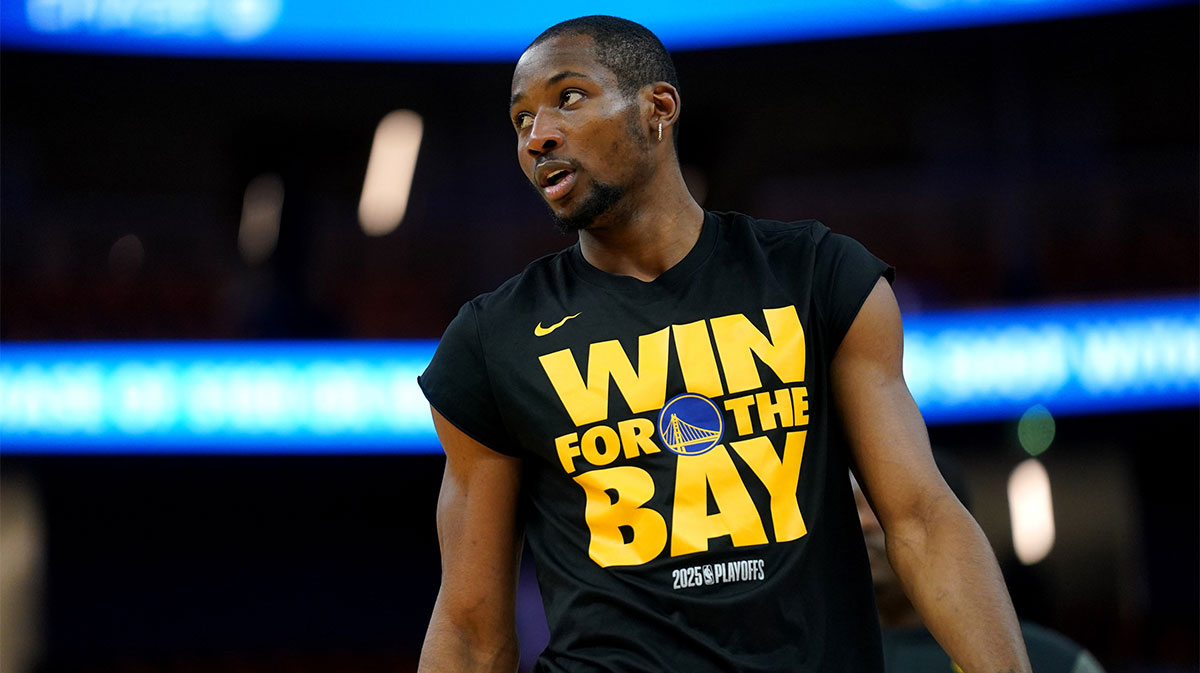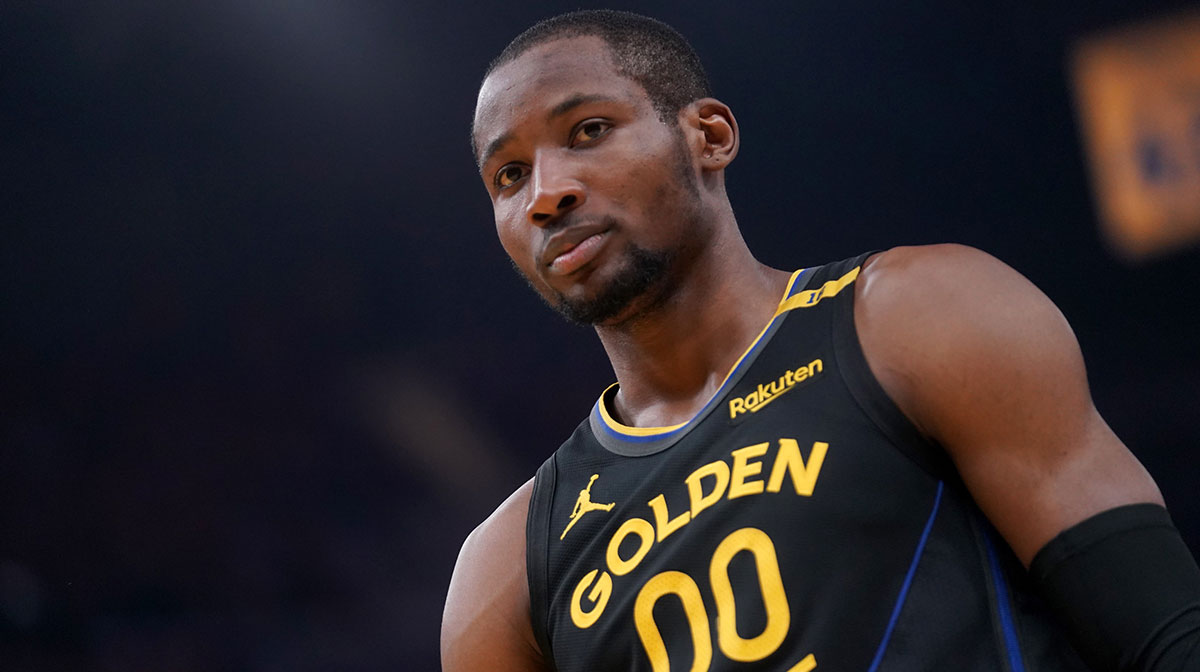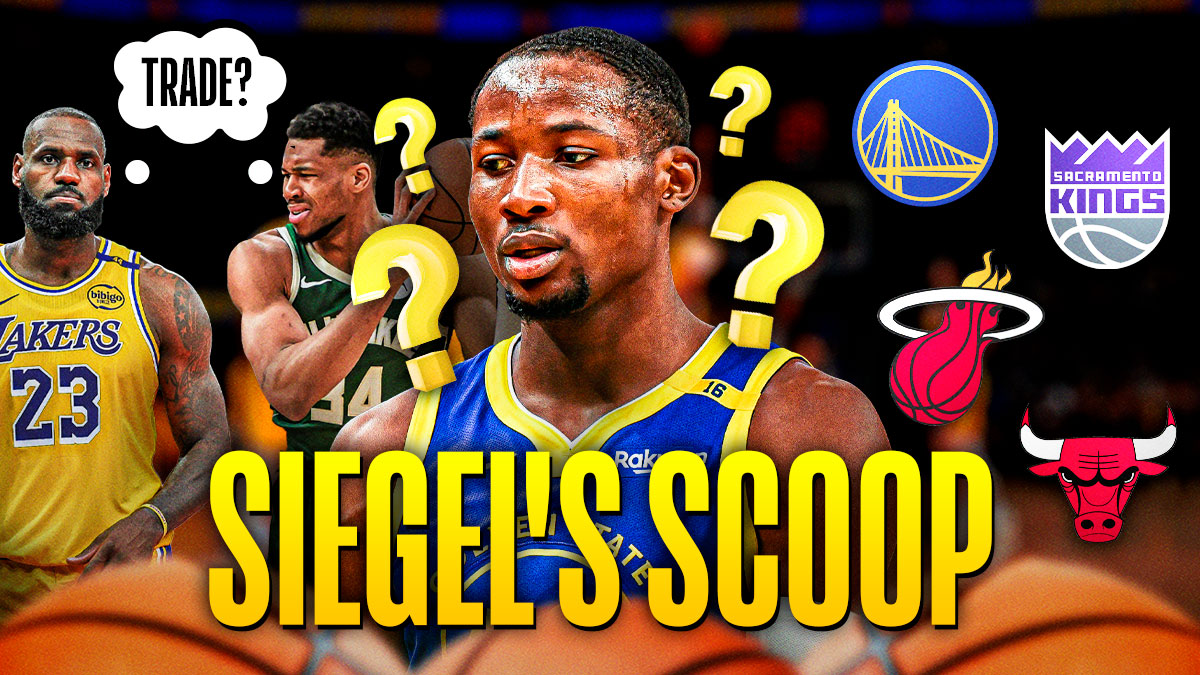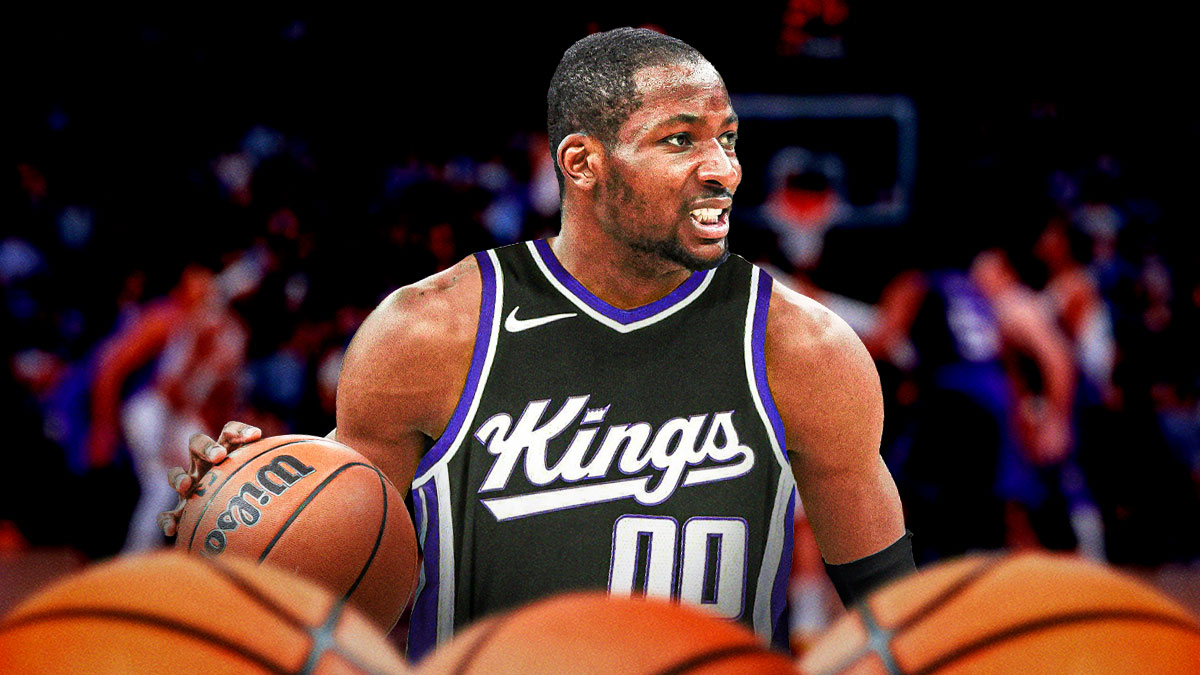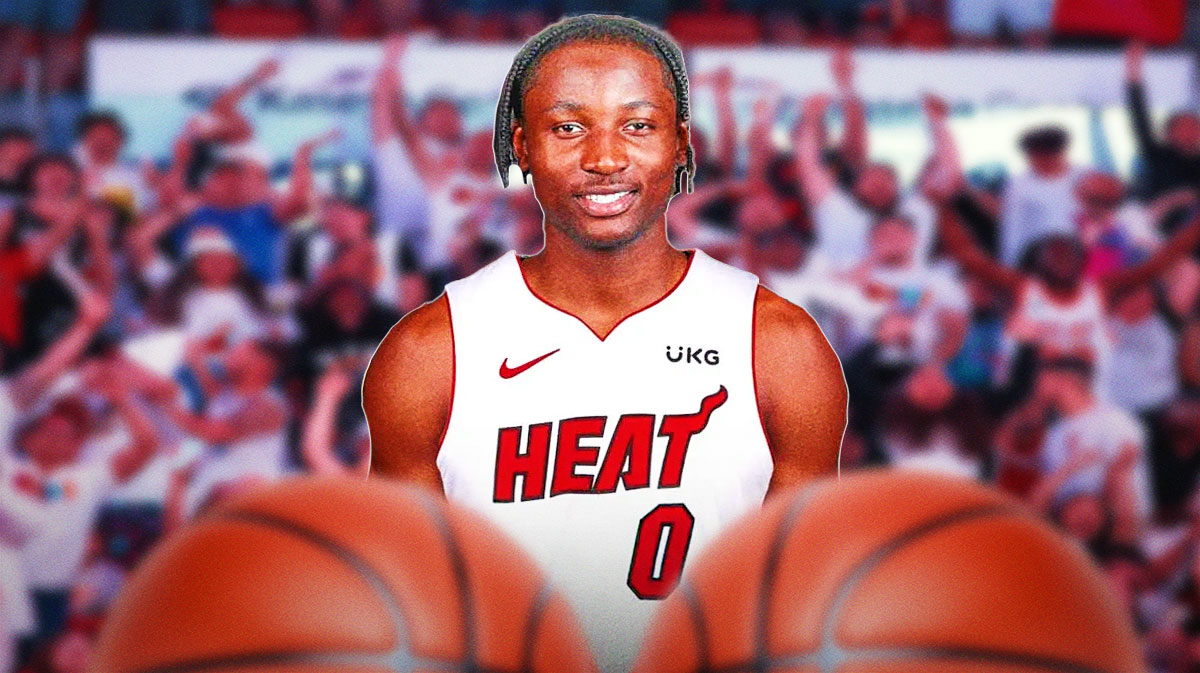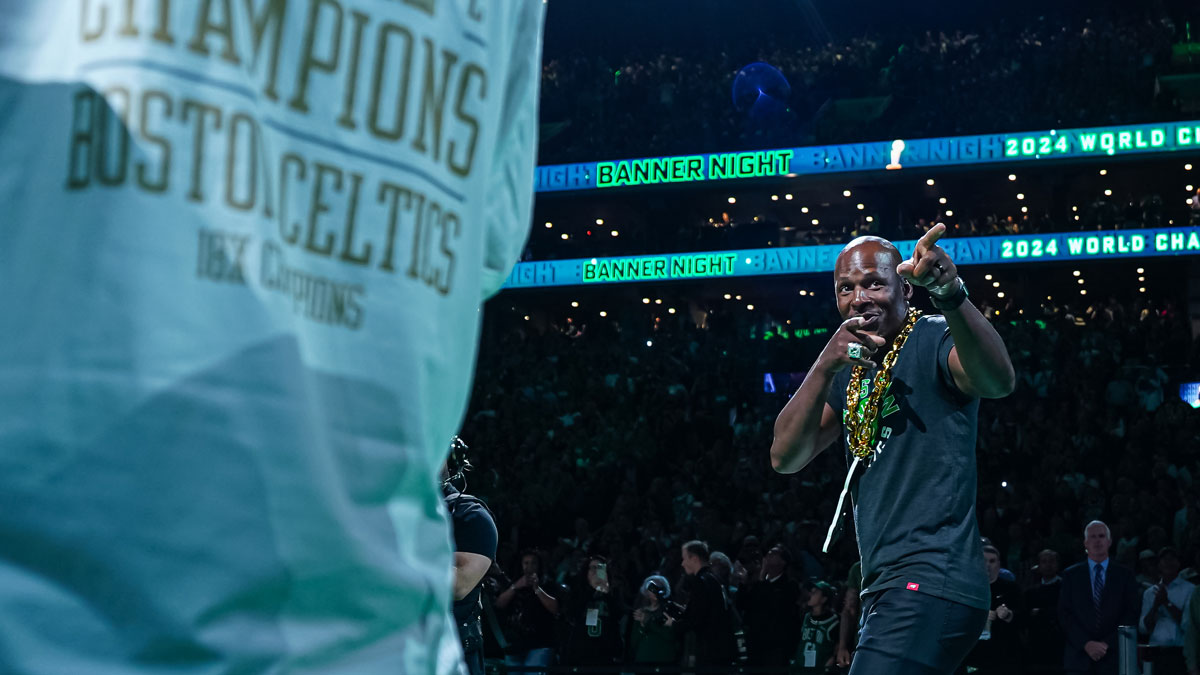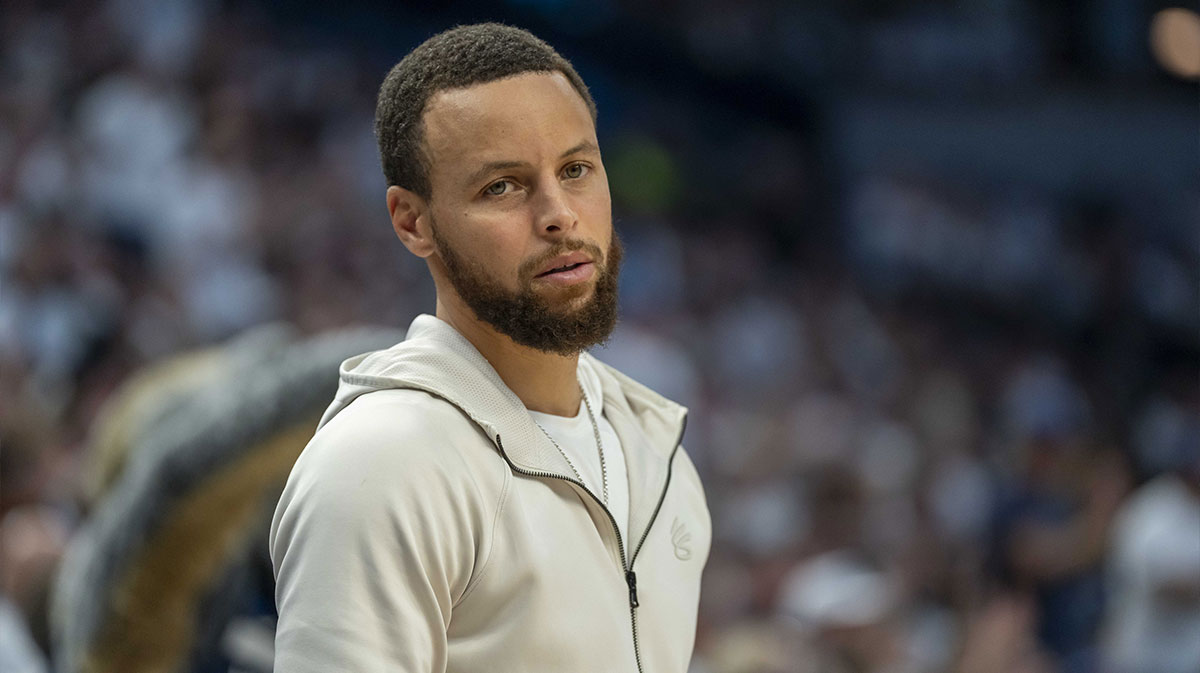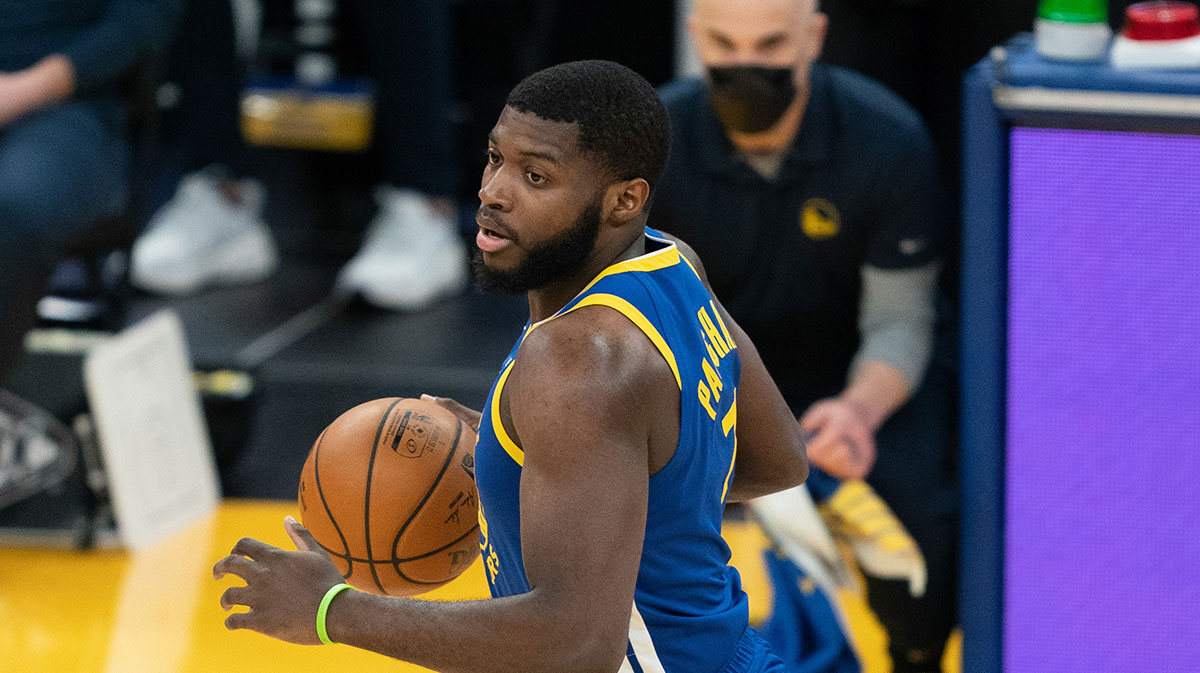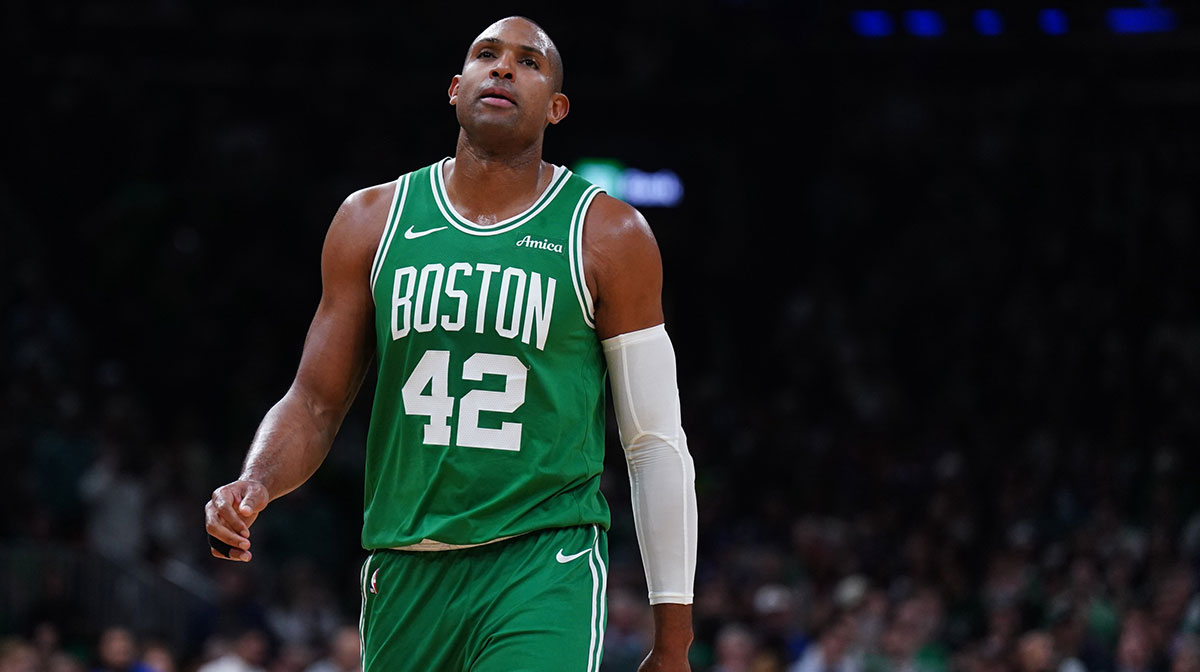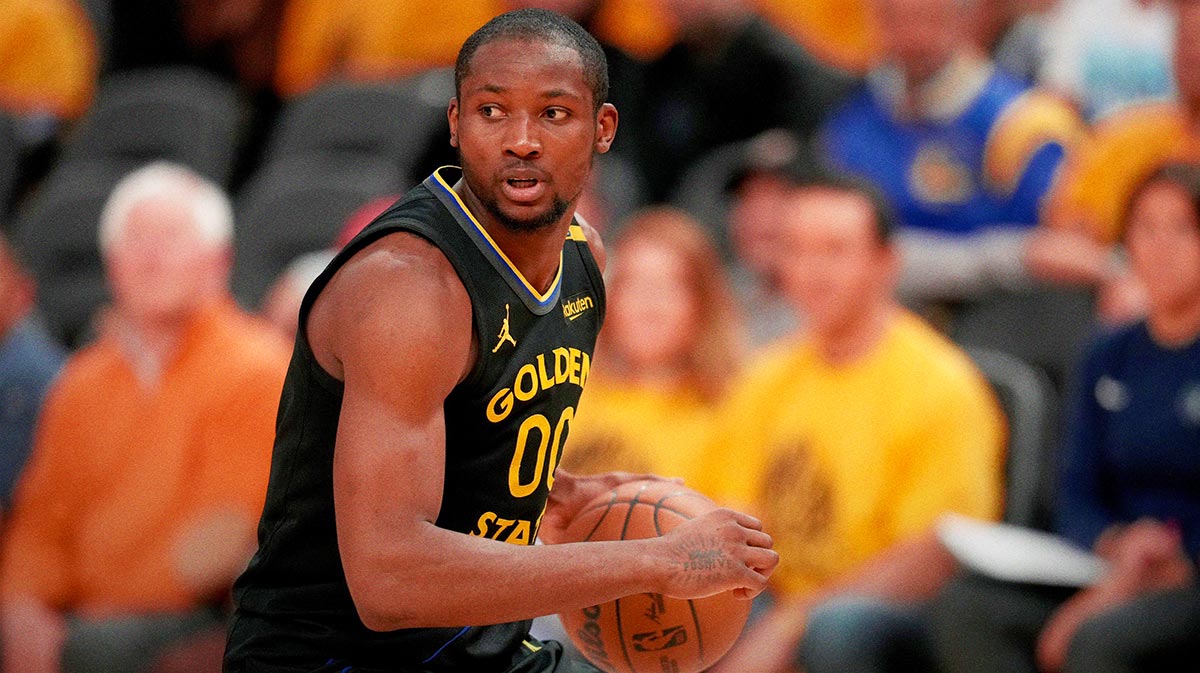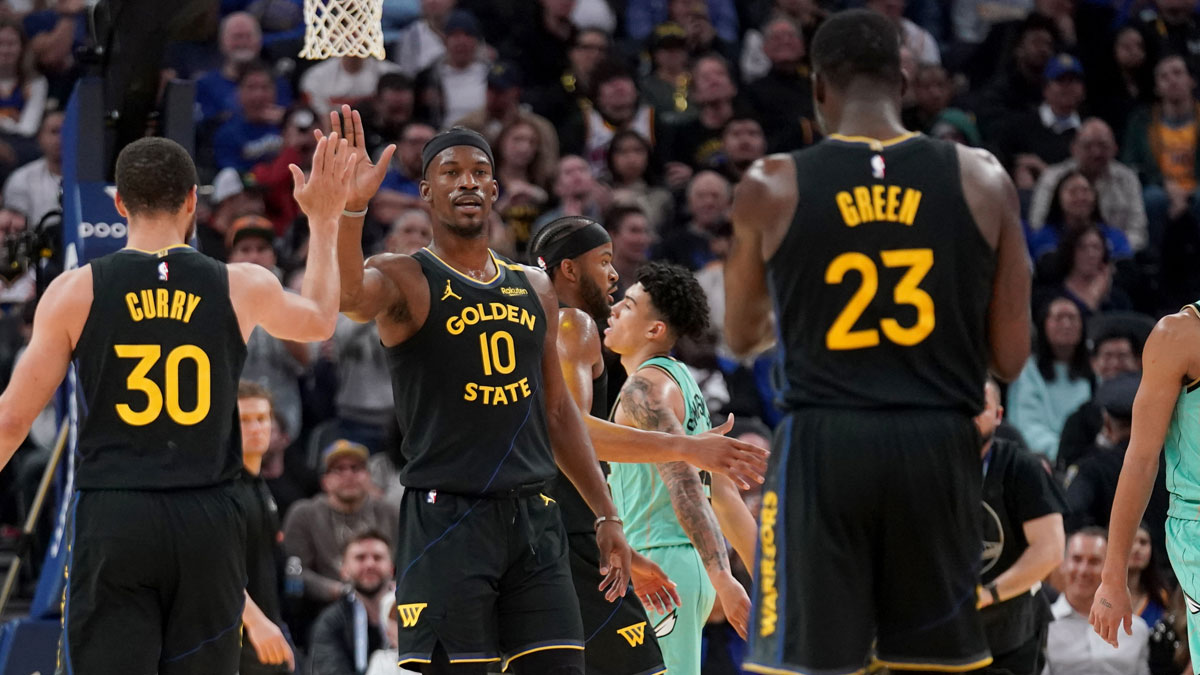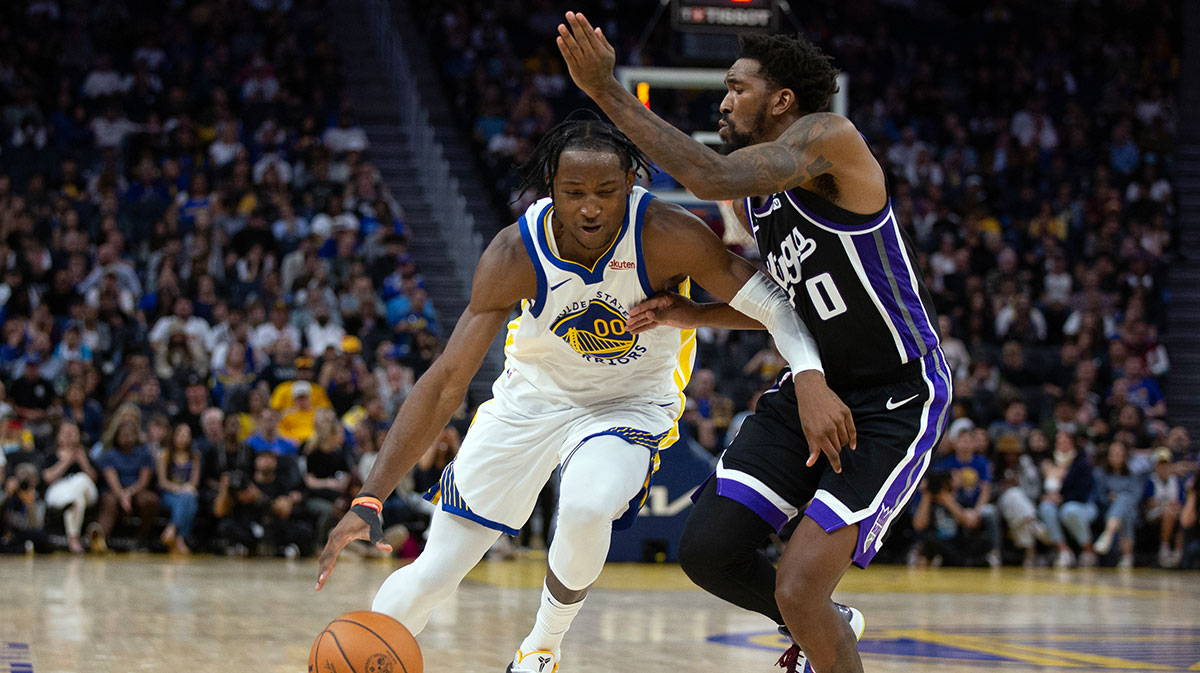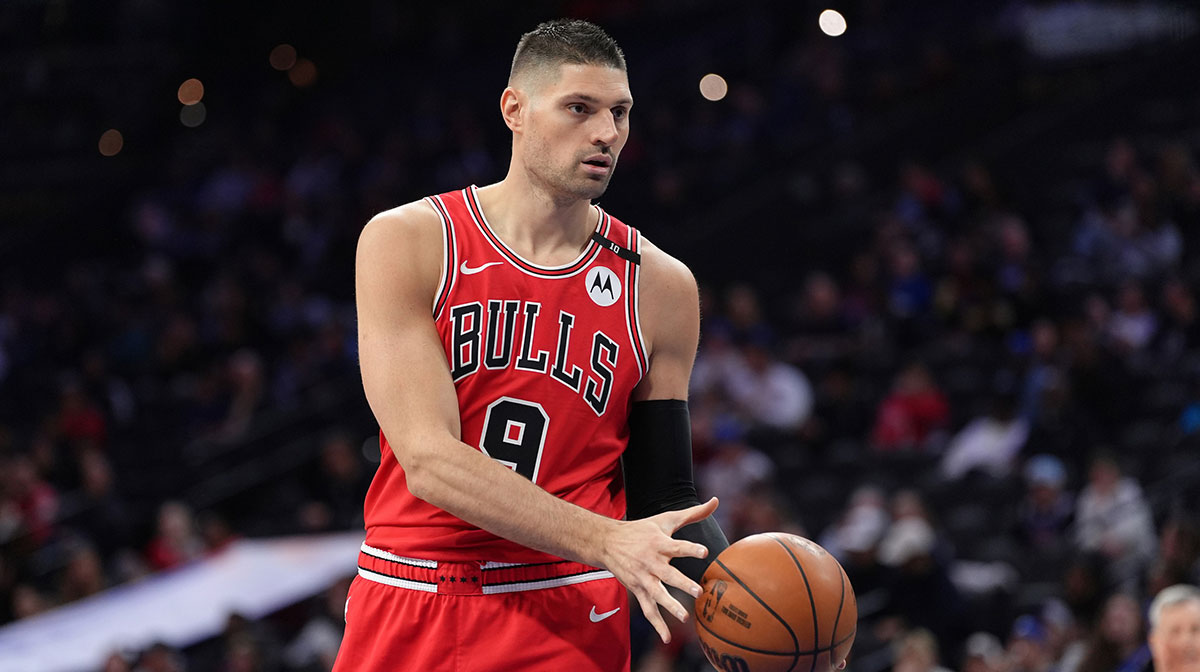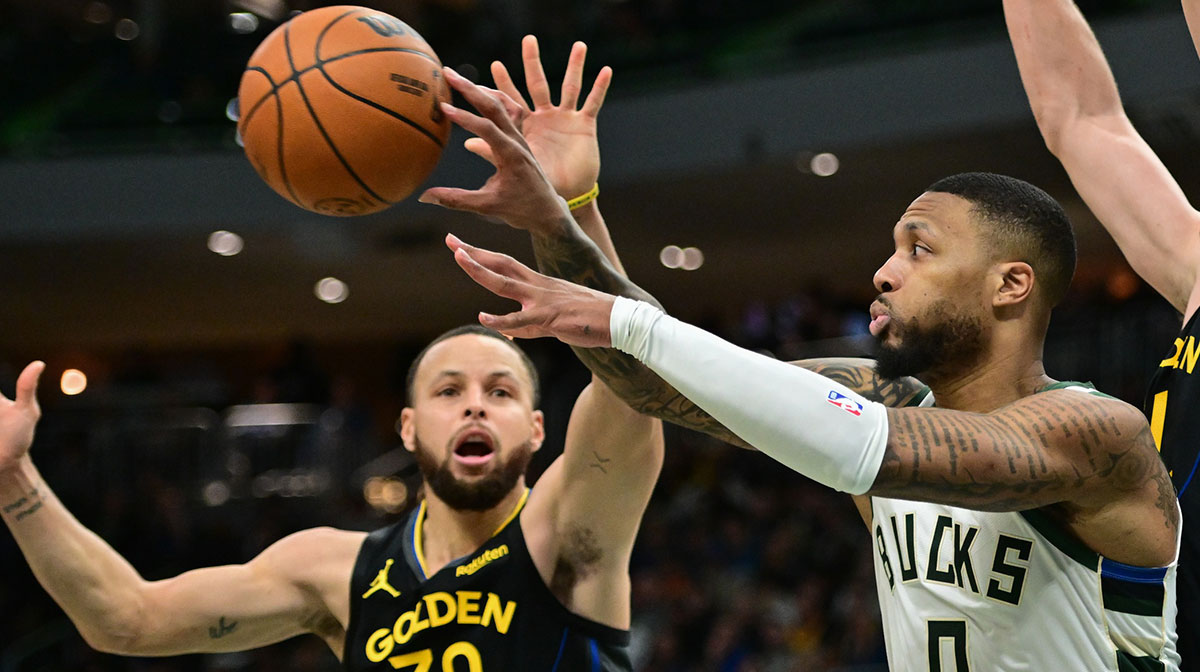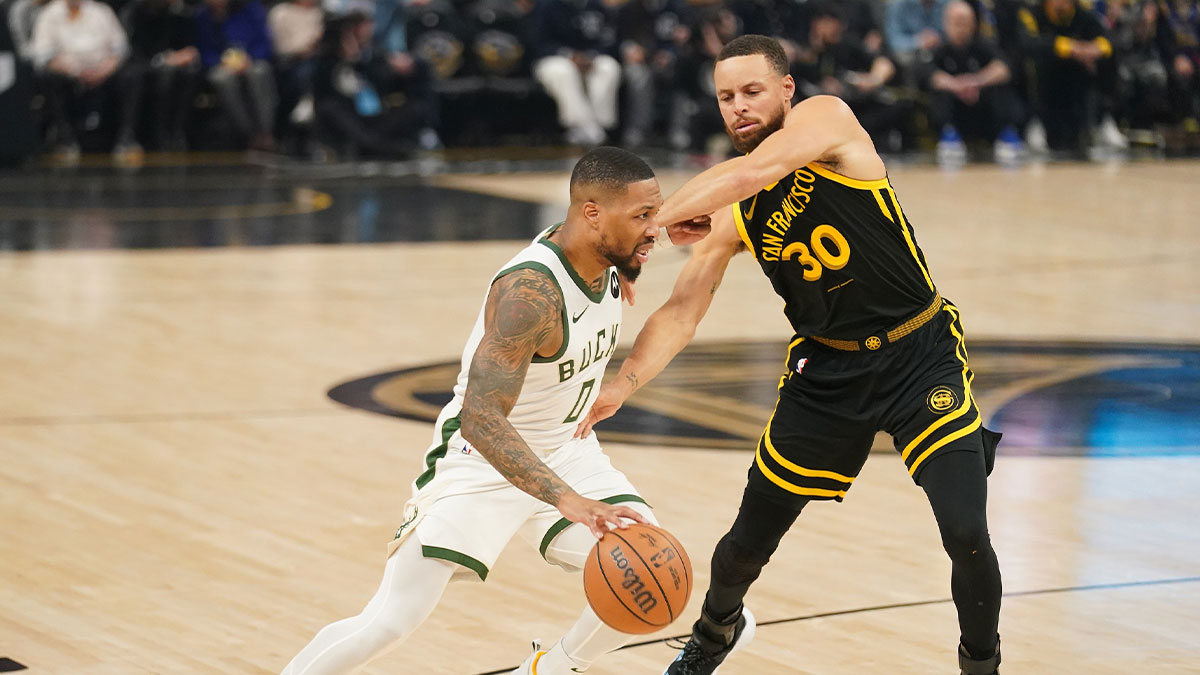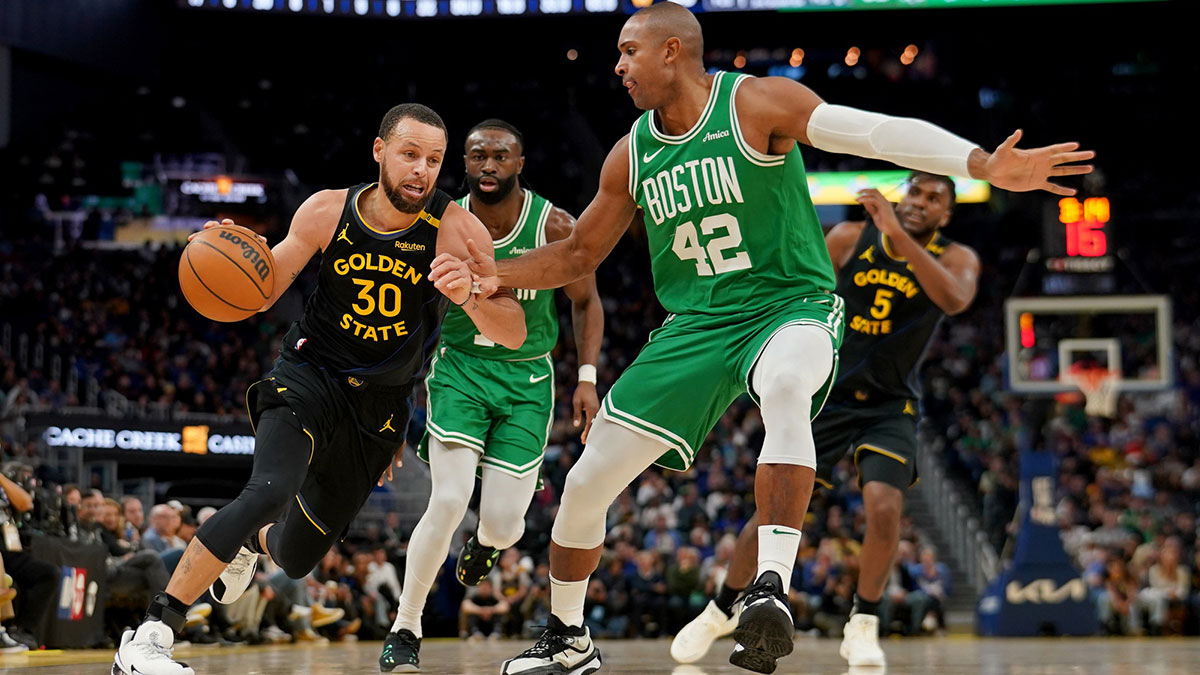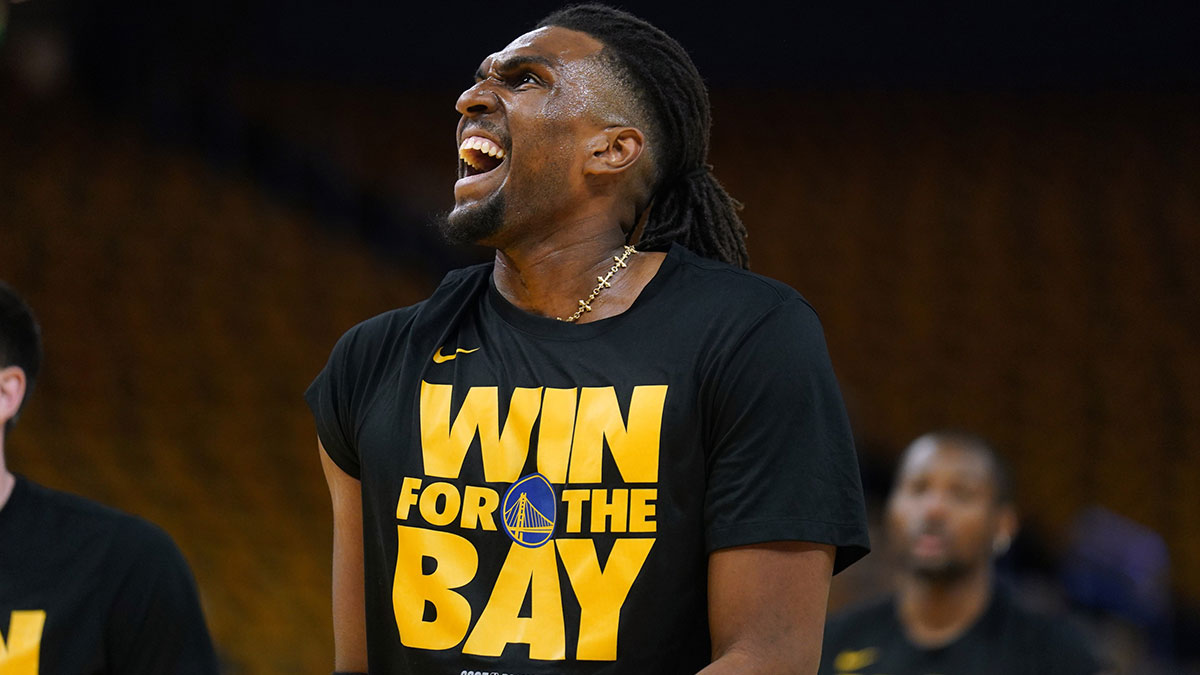The Athletic's Ethan Sherwood Strauss recently published a book titled, “The Victory Machine: The Making and Unmaking of the Warriors Dynasty.” His book offers a unique look at the fast-moving, deal-making, often brutal world that built the Golden State Warriors basketball powerhouse.
In this work of reportage, Strauss investigates the Warriors' culture, their financial ambitions and struggles, and the toll that being a superteam can take. In doing so, Strauss not only rewrites the story of the Warriors but also reveals how the Darwinian business of NBA basketball really works.
Strauss recently spoke to ClutchPoints over the phone about the book and some other things about the Warriors.
CP: What made you want to write this book?
ESS: Well, I'm always struck when it comes to great NBA teams on why it can't continue. It seems like the greatest ones, they tend to not fall apart for organic reasons. It's reasons of personality. The game, the victories, it's just not sustainable to the soul for whatever reason, and we saw that with Shaq and Kobe. People think they could have won a few more titles had they stayed together, but it just wasn't worth it to them.
And possibly with the Michael Jordan Bulls, we're about to see a documentary that will show their last season and the teams in basketball, the people, tend to be more interested in the fall of the great teams rather than the rise. I think that's because we can all see the rise, we enjoy the product, the basketball that they make.
But the fall, that's Greek tragedy stuff, that gets interesting. “Why can't this team stay together to do the great thing everybody loves?” I'm drawn to it, I'm fascinated by it and I saw it happening before me. I knew Kevin Durant was leaving. So, I figured it was time to write a book about it.
CP: From your experience covering the Warriors, why did it always seem like it was the Warriors, and then it was Kevin Durant? Why was that dynamic always like that just from your experience being with the team?
ESS: I think a lot of that has to do with Kevin Durant. He was of such a status that even if he wanted to be just one of the guys, maybe he was conditioned to not exactly expect that. I mean, the Oklahoma City Thunder organization revolved around him in his time there.
But also he wasn't a drafted player in the way that Steph Curry was and the way Klay Thompson was and, additionally, I think part of the issue for him is that he wanted a certain level of validation. Perhaps he deserved a certain level of validation, but once people can sense that you want it, they don't want to give it to you. People are drawn to security. They are not drawn to insecurities.
So Steph Curry would always get more love, especially in the Bay Area, and I think that created a dynamic of difference.
CP: The Warriors had the Draymond Green incident that happened at Staples Center. In your opinion, does Kevin Durant re-sign with the Warriors to stay at least one year to play in the Chase Center if that Draymond Green incident doesn't happen against the Clippers?
ESS: No. That whole Draymond Green situation happened because Draymond was frustrated that he (KD) was already headed out the door, and they had to manage the situation with somebody who wasn't committed to the team beyond that season but being quite essential to the team.
No, he was leaving no matter what. It all started, there were rumblings the season before, and even though that was certainly the flashpoint and was a crisis for them to deal with, I don't think it changes the trajectory of what Kevin Durant was going to do.
CP: While writing the book, did you learn anything new about Bob Myers or Joe Lacob that you didn't know beforehand?
ESS: Great question. They both have a chapter, each of them. I think over the course of time, I've just learned more about how a basketball team operates behind the scenes, how much of it is personality-based and, you know, it's a funny question that you ask me because I've known these guys for a long time.
I'm trying to think, did I learn anything new about them? There are certainly details in there that I learned over the course of writing it: how Joe Lacob bought the team, how maybe you can argue it wasn't exactly ethical but it was very clever. There are details in there that are quite interesting.
CP: One thing I've always been really curious about with the Warriors is the Stephen Curry-Klay Thompson dynamic. We live in an era where everybody is egotistical, everybody wants the shine, everybody wants the shot. How have Steph and Klay been able to avoid any type of conflict on or off the court? They seem like the perfect dynamic duo.
ESS: I think it comes back to security. They're both very comfortable in their own skin. They're very secure people.
Now, they're human beings and they have egos, just like anybody. They're not perfect but they both, I don't think, have a massive void in their lives that need filling. That allows them to see the wisdom of the situation and the wisdom of, in some instances, not trying to satiate your own ego just because it's an itch that you want to scratch in the moment.
CP: How much fun did you have writing the book and what was the best part?
ESS: Going to the games, man! I enjoy writing but there's just nothing like going to a game and feeling the energy in a building, especially a road game for the Warriors when something is real and it's on the line. There's nothing like that energy. These are memories I will have for the rest of my life.
As much as I love writing, the experience of actually being there is what's going to stick with me the most.
CP: Who is the most interesting Warriors player that you've had an honest discussion with, whether it be in the locker room or on the phone or at the hotel?
ESS: Andre Iguodala by far. Andre is smart, he's cynical, he's cryptic, he's always playing games with you. But if you play back, then it gets even more interesting. He's a purist, he loves basketball. He's very ambivalent to what this all means for him.
CP: What do you want your readers to take away from the book?
ESS: I think I want them to take away that the NBA is a hardcore world. That it's not fun and smiley faces on Instagram. It's not the “I love this game” ads from the 1990s. This is professional sports. It is Darwinian. These guys are living on the edge that I don't think a lot of us in our organizations and our jobs can really understand. It can be brutal. I still think it's incredible, though. It's great drama and I enjoy it.

